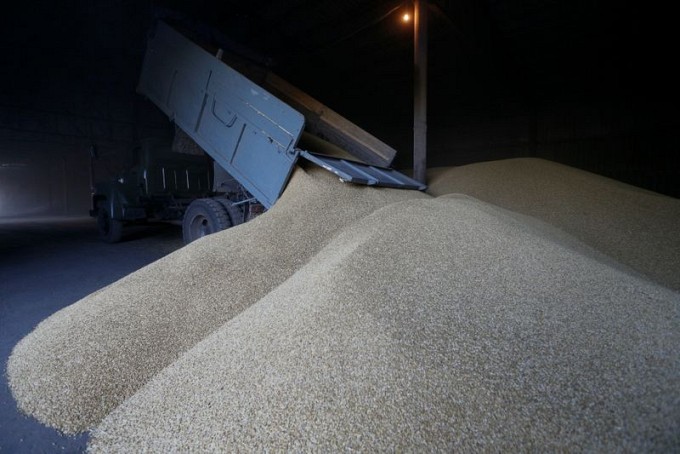
Kazakhstani exporters who sold wheat to distant and non-traditional markets submitted 284 applications to the Food Corporation for transport subsidies in the amount of 14.3 billion tenge. In total, 625.1 thousand tons of grain were exported under these applications. This was reported to the ElDala.kz portal by the press service of the Corporation.
To date, the most popular subsidized destinations are Azerbaijan - 275,229 tons of wheat from the 2024 harvest have been exported to this country, as well as the Baltic countries - 203,555 tons.
Exports through the ports of the Black Sea amounted to 48,815 tons, the Baltic Sea (RF) - 35,967 tons. 37,032 tons were exported to Afghanistan via a subsidized route (in transit through the territory of Turkmenistan), and 24,525 tons to Georgia.
Applications for subsidies are being accepted, but payments have not yet begun.
“Payments of subsidies to reduce the cost of grain transportation for approved applications are planned for the near future. The corporation is in the process of implementing the relevant procedures,” the Food Corporation noted.
According to the company, all payments are planned to be made by September 1, 2025.
Recall: The rules for paying subsidies to reduce the cost of grain transportation and the rules for subsidizing the expenses of a national company in the agro-industrial complex related to grain transportation were introduced in early March of this year. The subsidy standard, depending on the direction, is 20 thousand or 30 thousand tenge per ton. In total, it is planned to allocate up to 40 billion tenge for these purposes, which will allow 2 million tons of wheat to be exported in these directions, freeing up storage capacity until the new harvest is received.
At the same time, market participants note that the rate of wheat shipments in subsidized directions turned out to be lower than expected.
Considering the situation and export opportunities, the Ministry of Agriculture is currently revising the subsidy standard for wheat exports to Afghanistan, increasing it from 20 thousand to 30 thousand tenge per ton.